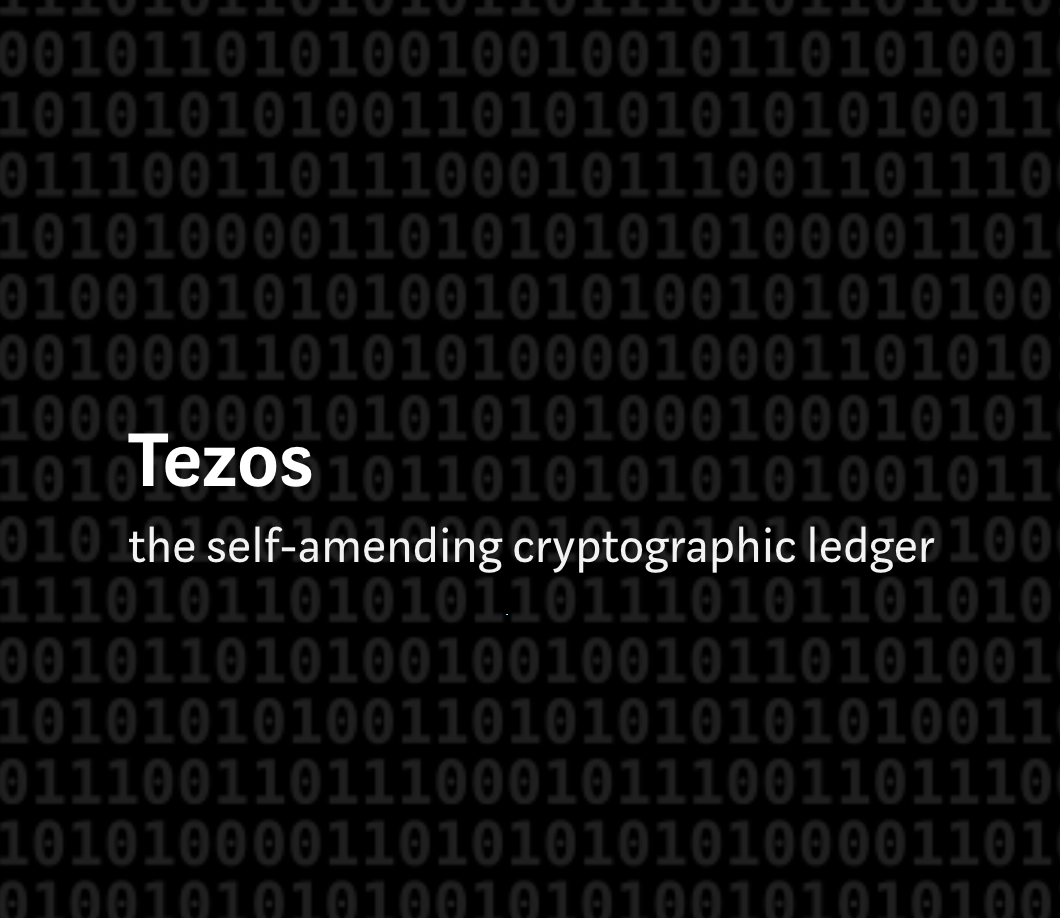Blockchain technology and the birth of the so-called cryptocurrencies finds deep roots in three contributing factors: the advance of technology: the manipulation of global economic and financial rules; and the persistent attempt to weaken the national economies of countries that geopolitically challenge the US power system. In this first article I address these issues from a financial point of view, in the next analysis I intend to dive into the geopolitical aspects and broader the perspective on how Russia, China and other nations are taking advantage of a decentralized financial system.
Many national economies seem to have begun the process of protecting themselves from what seems like an inevitable economic trend. De-dollarization — dumping dollars for other goods of value — has become popular not only with countries but also with ordinary individuals as a result of global technological growth and increasing access to the Internet. The financial markets are generally reflecting this same trend.
The US dollar is the world’s most dominant reserve currency. The planning and financial rules that accompany this situation are decided in the United States for the benefit of Washington and a few of her allies. This has been reflected in the creation of the petrodollar, the abolition of the gold standard, and the most recent financial crisis of 2008, with the senseless process of quantitative easing. All these economic decisions have been made with the precise aim of prolonging American domination of the global economy, artificially propping up an unsustainable financial system.
The practical consequences of this unsustainability have led over time to thoughts of a practical alternative, both to escape from the domination of the dollar and to re-anchor the economy to real value. The need to circumvent this situation has become especially urgent for countries with a large amount of dollar-denominated debt, or where they face the prospect of being excluded from the SWIFT international payment system.
It is therefore not accidental that countries like Iran and Venezuela, but also Russia and North Korea, have resorted to alternative methods to operate in the global economic space. Washington’s political decision in 2012 to remove Iranian banks from SWIFT immediately set off alarm bells for several countries. The need to escape from the possibility of being excluded from SWIFT became urgent for countries under the threat of Washington. An alternative payment system was thus born in 2015, christened the Cross-Border Interbank Payments System (CIPS), unsurprising founded by China. Basically a copy of the SWIFT system, it serves the role of being a backup system should the Americans seek to exclude from SWIFT recalcitrant countries. A more radical solution has been sought by Venezuela, with the country creating its own virtual currency. President Maduro has announced the creation of a crypto state currency based on the value of oil and supported by barrels of oil worth over five billion dollars. Venezuela has been forced to take this step because of a scarcity of US dollars in the country brought on by the economic warfare visited on the it by Washington, which has succeeded in driving the country into a deep crisis.
Source/More: Is Bitcoin a Reaction to US Dollar Hegemony?















